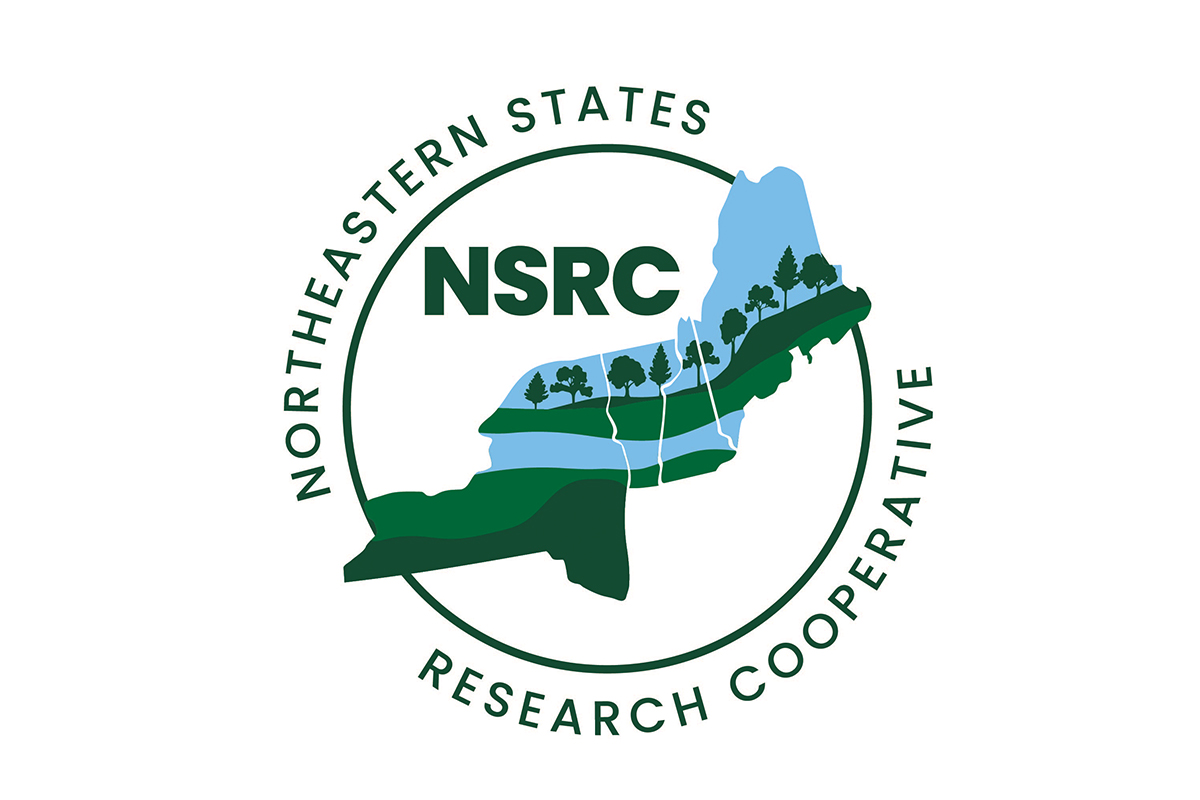
Assessing the future Northern Forest through the lens of seedling survival and sapling recruitment.
Principal Investigator: Lucas Harris, University of Vermont
Regeneration of key tree species in the Northern Forest is threatened by a suite of factors including climate change, non-native pests and pathogens, disturbance and herbivory. Concerns over tree regeneration have led to calls to rethink forest management strategies including applications of different silvicultural systems, treatments to increase seedling survival and tree planting. Yet, tree regeneration assessments within the region tend to rely either on in-depth surveys that are limited in extent or coarse surveys from the national forest inventory, meaning that a regional picture of the state of tree regeneration and how it might be improved through management is lacking. Therefore, a need exists to develop a more accurate system for monitoring regional-scale tree regeneration patterns and its implications for the future of the Northern Forest. We will build upon recently-developed methods that use an emerging regional- scale dataset in which tree seedling are tallied within six height classes to make improved predictions of seedling survival and sapling recruitment.
These methods will be applied to plots throughout the Northern Forest to assess what current tree regeneration patterns imply for forest compositional shifts, future carbon storage and climate resilience. We will also forecast impacts of climate change on seedling survival and evaluate the potential efficacy of different treatments for improving seedling survival at a regional scale. The proposed project will create a system for monitoring regional tree regeneration patterns and their implications that can be updated in the future and will be useful for formulating management strategies to improve regeneration success.